The air we breathe in many cities is being polluted by activities such as driving cars and trucks; burning coal, oil and other fossil fuels; and manufacturing chemicals. Air pollution can even come from smaller, everyday activities such as cooking, space heating, and degreasing and painting operations. These activities add gases and particles to the air we breathe. When these gases and particles accumulate in the air in high enough concentrations, they can harm us and our environment. Air pollution is not only toxic per se to organisms, but is also responsible for a wide range of environmental crises, including global warming, acidic deposition and stratospheric ozone-layer depletion. It is therefore critical that we both monitor and reduce the levels of atmospheric pollutants to preserve natural environment. In this Course, Air Pollution Control (authored by Prof. S.P. Mahajan, IITM), we will discuss the important issues pertaining to air pollutants, their characterization, ambient concentrations, effects on human health and the ecology, and the environmental laws and regulations that set standards on emission rates and ambient concentrations. The basics of air pollutant dispersion and transport are also covered. The focus of the course is on emission control technologies for particulate matter, carbon monoxide, sulphur oxides, nitrogen oxides, organic and inorganic toxic pollutants.
Management of Municipal Solid Waste
$31.50
$35.00

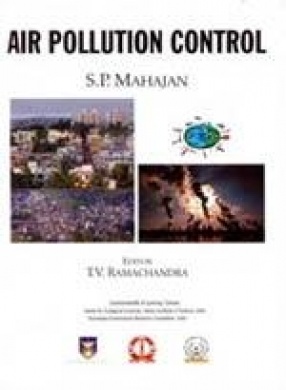
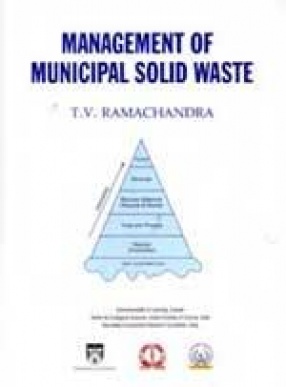
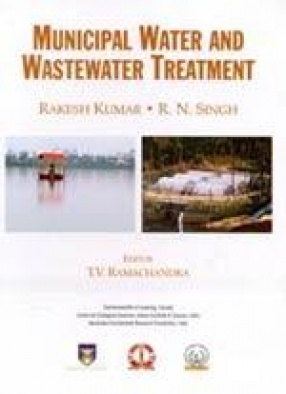

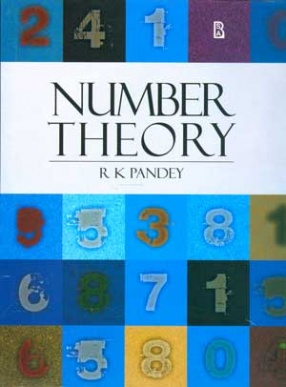
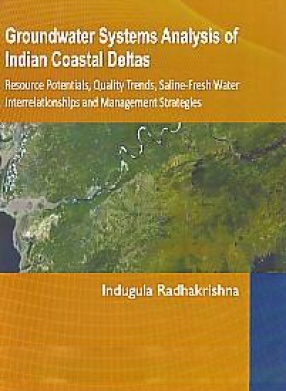

There are no reviews yet.